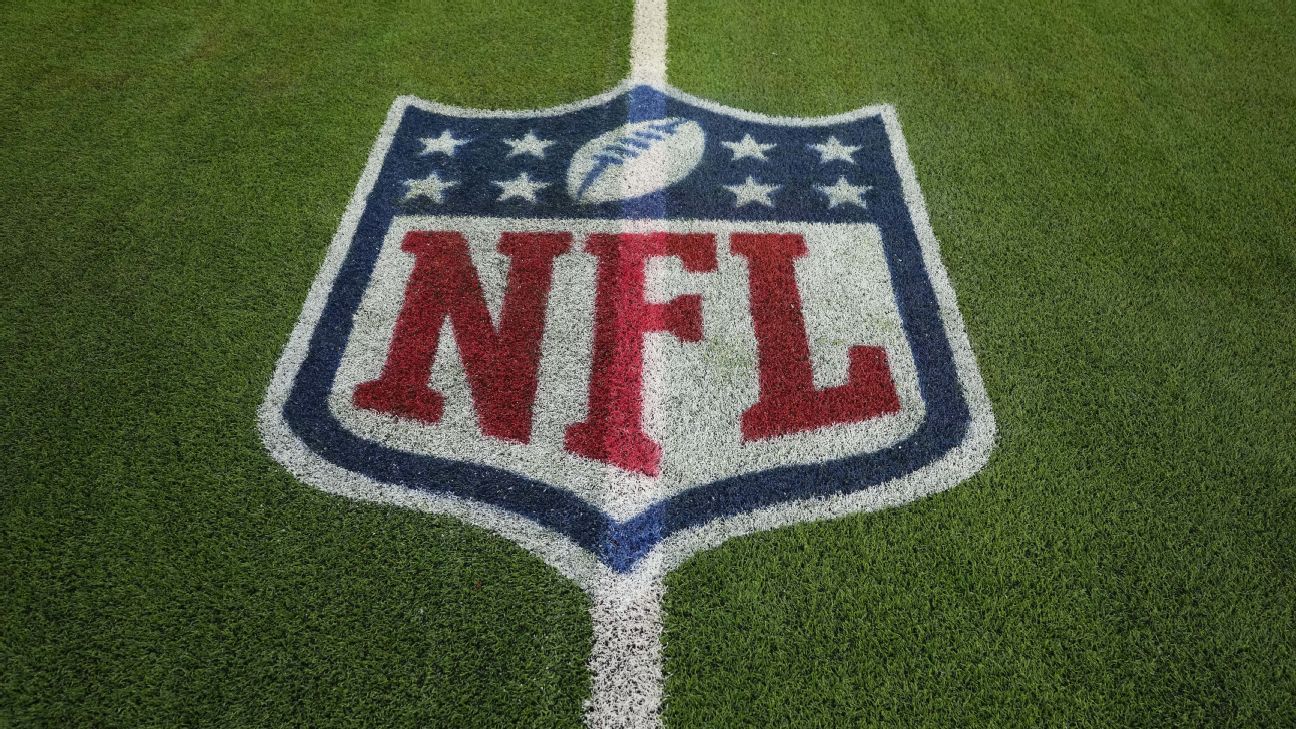Major Shake-Up: WRU Announces Uneven Funding for Welsh Regions, Threatening Rugby's Future

Welsh Rugby Faces Uncertain Future as WRU Announces Funding Changes
The landscape of Welsh professional rugby is undergoing a seismic shift, with the Welsh Rugby Union (WRU) recently announcing a controversial move to redistribute funding amongst its four regions. This decision, which departs from the previous equal funding model, has sent shockwaves through the sport and ignited fierce debate about the future of Welsh rugby.
For years, the four regions – Scarlets, Dragons, Ospreys, and Cardiff – have received relatively equal financial support from the WRU. This system, while aiming for parity, has been increasingly questioned as regional performance and financial sustainability have varied significantly. The WRU's new plan seeks to address these concerns by linking funding more closely to performance, stadium infrastructure, and commercial viability.
What's Changing and Why?
The specifics of the new funding model are still being finalised, but the core principle is clear: regions will no longer receive the same amount of money. The WRU argues that this approach will incentivise regions to improve their performance on and off the field, attract and retain talent, and become more financially self-sufficient. Crucially, reports suggest the WRU is also considering reducing the number of professional teams from four to three – a move that would drastically alter the structure of Welsh rugby.
The rationale behind this potential reduction is reportedly driven by financial constraints and a desire to streamline operations. However, the prospect of losing a team has sparked outrage amongst fans and players, who fear it will diminish the talent pool and weaken the overall competitiveness of Welsh rugby.
Reactions and Concerns
The announcement has been met with widespread criticism from various stakeholders. Players have voiced concerns about job security and the potential impact on their careers. Region representatives have expressed disappointment and called for greater transparency in the decision-making process. Fans are worried about the long-term health of Welsh rugby and the potential for a decline in the quality of the game.
“This feels like a short-sighted decision that prioritises financial savings over the future of Welsh rugby,” commented former international player, Gareth Edwards. “We need to be investing in our regions, not dismantling them.”
What's Next?
The WRU is now facing intense pressure to reconsider its plans and engage in meaningful dialogue with all stakeholders. Negotiations are ongoing, and the final details of the funding model and the potential team reduction are still subject to change. The coming weeks and months will be crucial in determining the future of Welsh professional rugby and its place within the broader sporting landscape.
The debate highlights a fundamental tension between financial sustainability and the desire to maintain a vibrant and competitive professional rugby scene in Wales. Finding a solution that balances these competing priorities will be a significant challenge for the WRU and all those involved in Welsh rugby.




